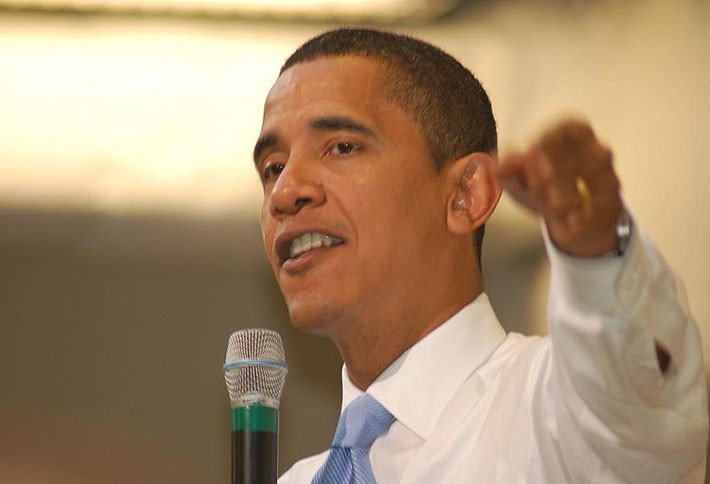The Key to Understanding Net Neutrality

President Obama yesterday made a forceful argument for an open internet, saying that it was as crucial to Americans as phone service and electricity and insisting that the FCC stop broadband providers from restricting or slowing down access to legal content. Obama also spoke against letting content providers pay for a "fast lane" to connect with users. In the New York Times Neil Irwin boiled down the issue by likening a "neutral," unfettered web to electricity, which you pay for and can then use more or less at your own will, and a more regulated internet to cable television, with its opaque and "arduous negotiations."
The future of network neutrality will remain a critical issue as the FCC considers its future. And the argument that it should be treated as a public utility has its detractors. As Larry Downes wrote in the Times, "Internet access speeds and the range of useful applications have both improved by orders of magnitude over the last decade and a half, precisely because there were no federal or state agencies micromanaging their evolution."
